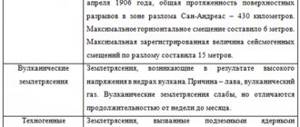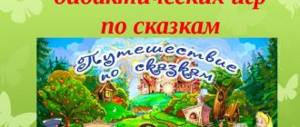Mikhail Glinka, “Ruslan and Lyudmila” (1842)
Feature film by Alexander Ptushko “Ruslan and Lyudmila” (1972)
Glinka's opera "Ruslan and Lyudmila" caused fierce controversy in Russian society. Some called it the composer’s failure, others called it a “luxurious flower.” At the premiere in St. Petersburg, the imperial family left the theater without waiting for the end of the performance. After the curtain, dissatisfied boos drowned out the applause.
Glinka understood that his new opera lacked “dramatic movement,” but he was ready to fight for the music itself.
Pushkin told Glinka that he would like to change a lot in the poem “Ruslan and Lyudmila”. The composer lamented that his early death prevented the poet from doing this.
Playwright Alexander Shakhovskoy suggested Glinka write an opera based on Pushkin’s plot. The libretto was created by a whole team of authors who had different literary experiences and different ideas about opera. Among the librettists are playwright Konstantin Bakhturin, whose plays were performed at the Alexandrinsky Theater, and the famous poet and longtime friend of the composer Nestor Kukolnik.
Glinka's opera masterfully combines a variety of themes: the singing of love, the glorification of the heroism of the knight Ruslan, and admiration of colorful oriental images. Of course, the fairy tale would be impossible without the appearance of mysterious creatures - funny and scary, without the intervention of wizards in the lives of “ordinary” heroes.
But the most important thing in the opera “Ruslan and Lyudmila” is, according to the conviction of the famous critic Herman Laroche, “deep reverence for our poetic antiquity.”
It was precisely this feeling that gradually captivated the composer Rimsky-Korsakov when he was working on his “Snow Maiden”.



